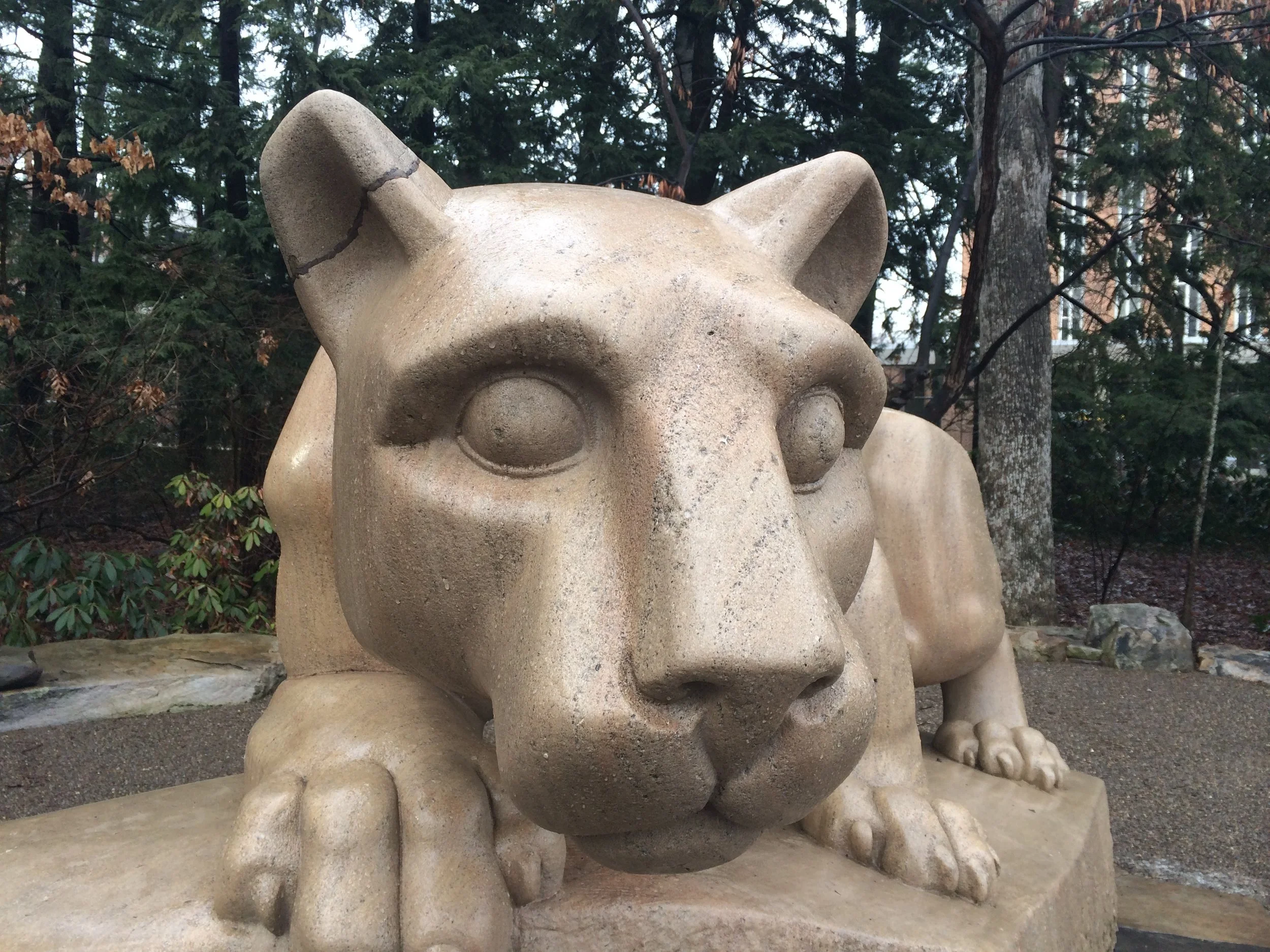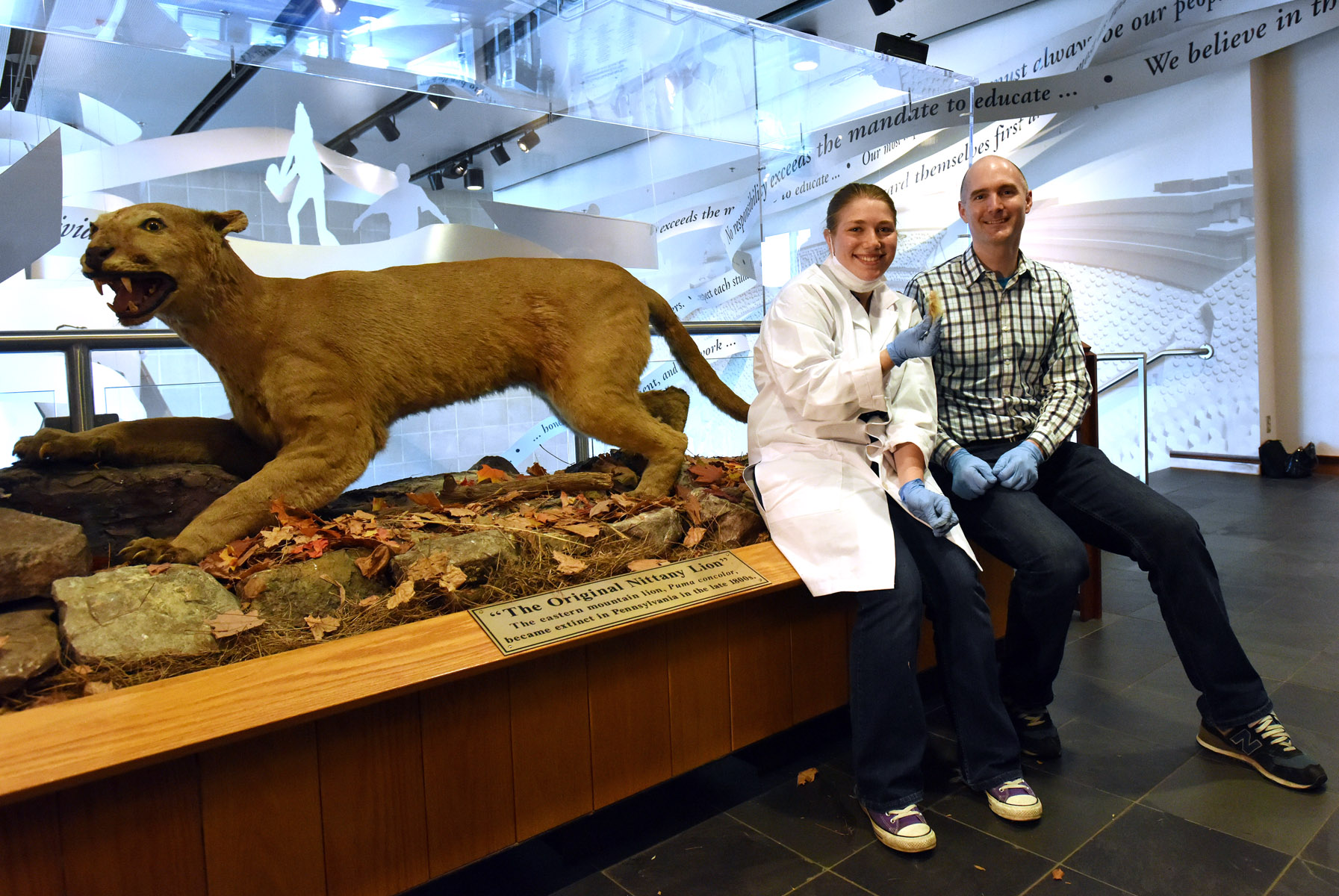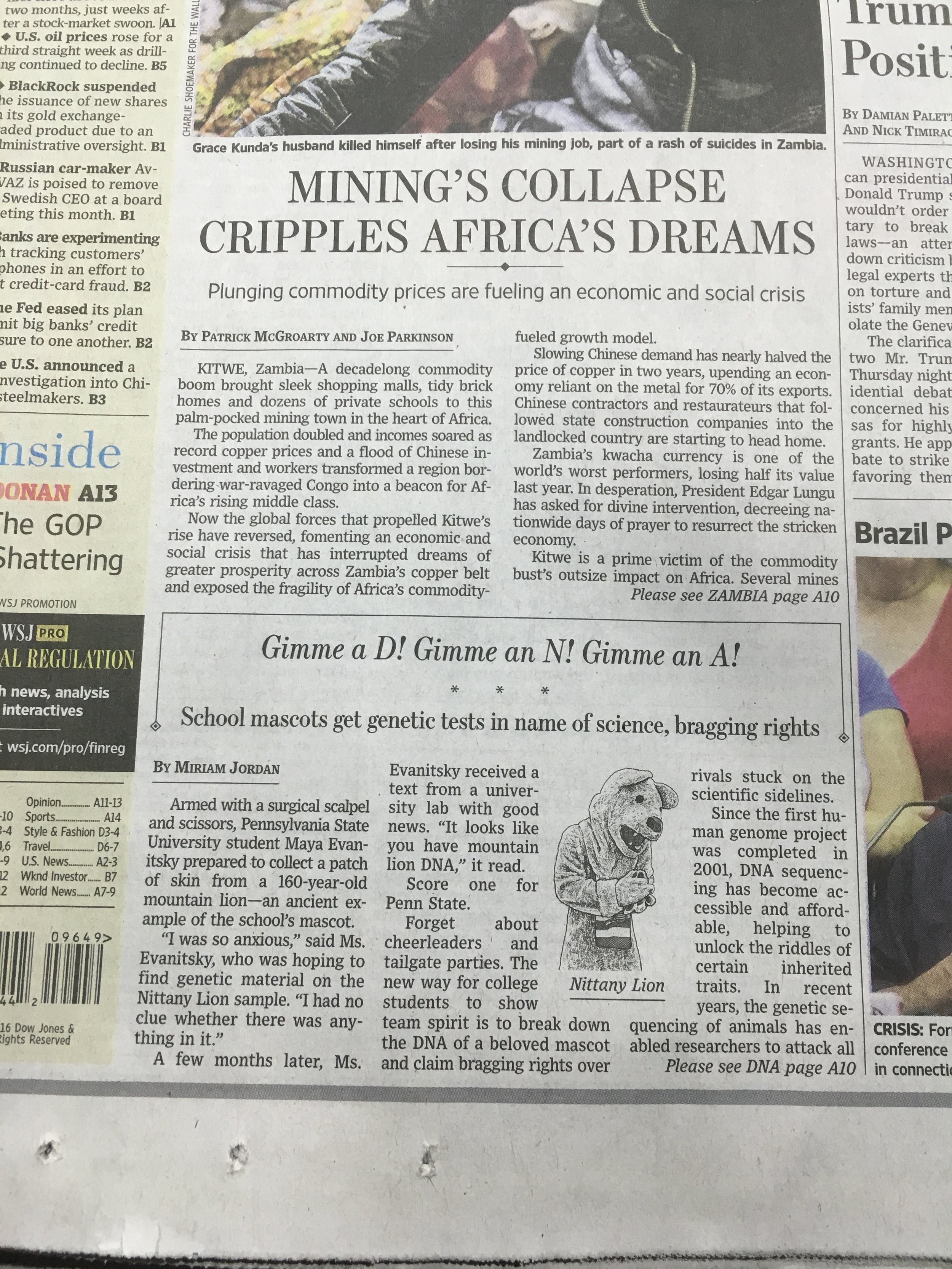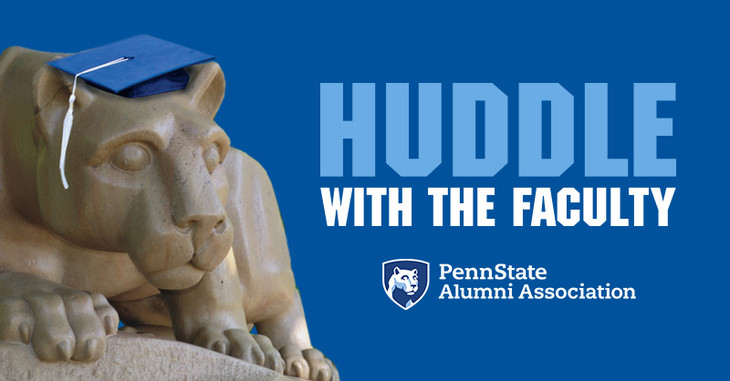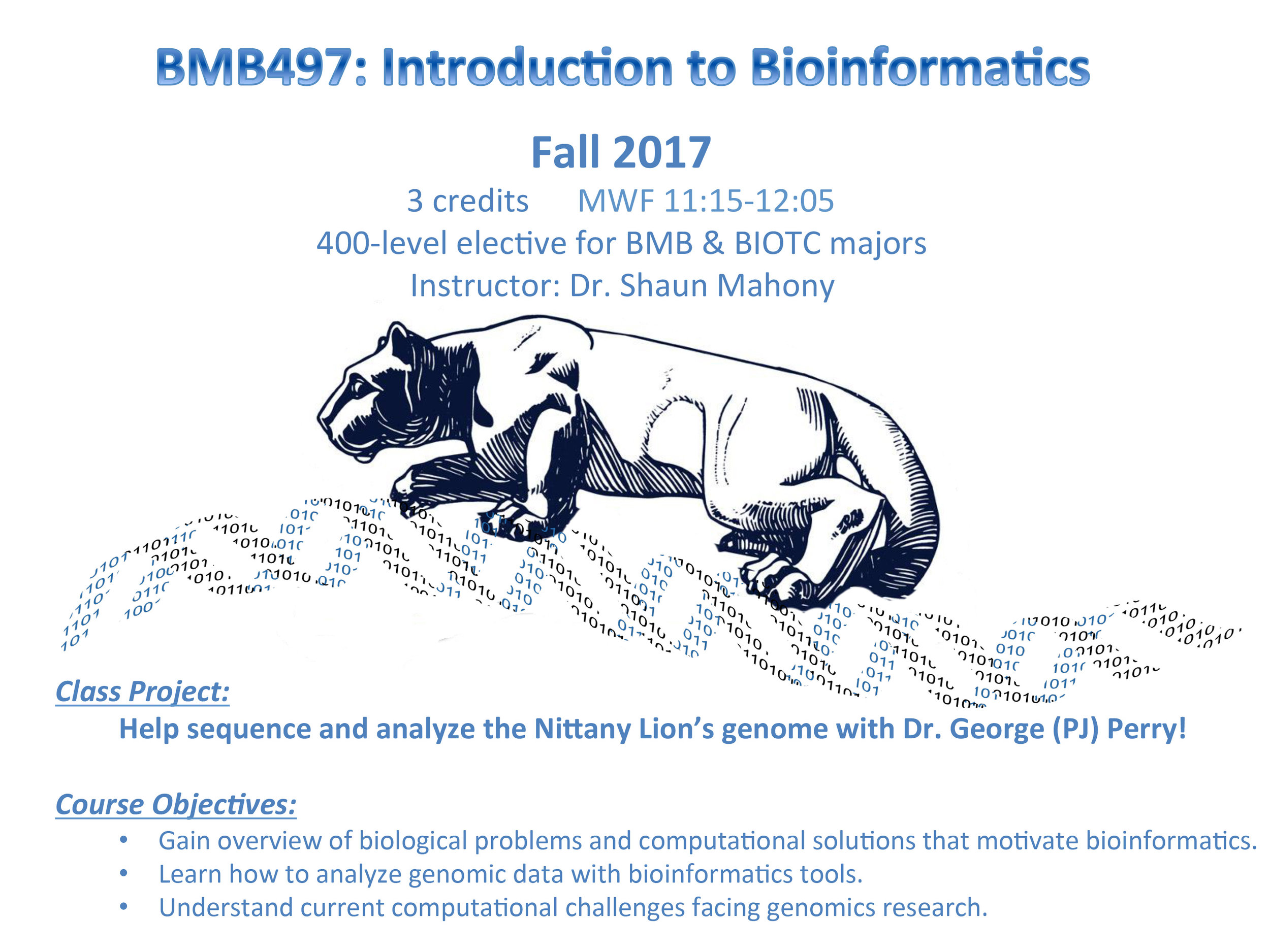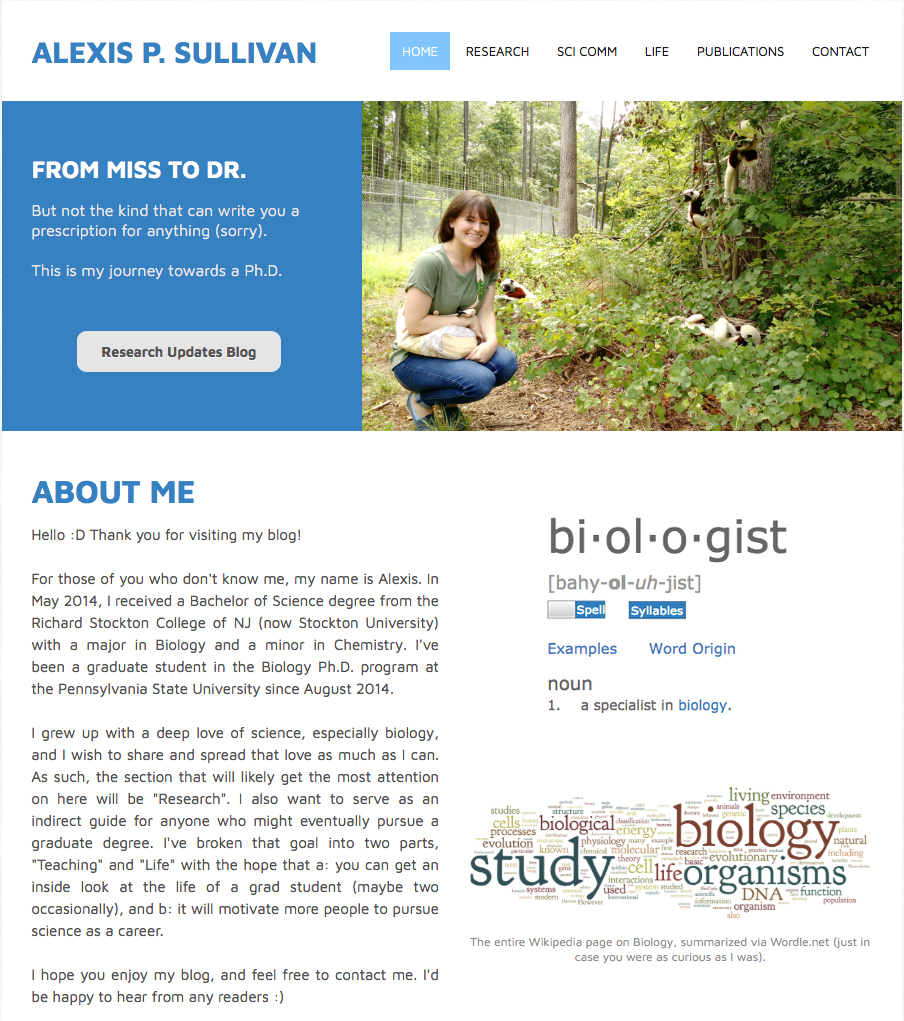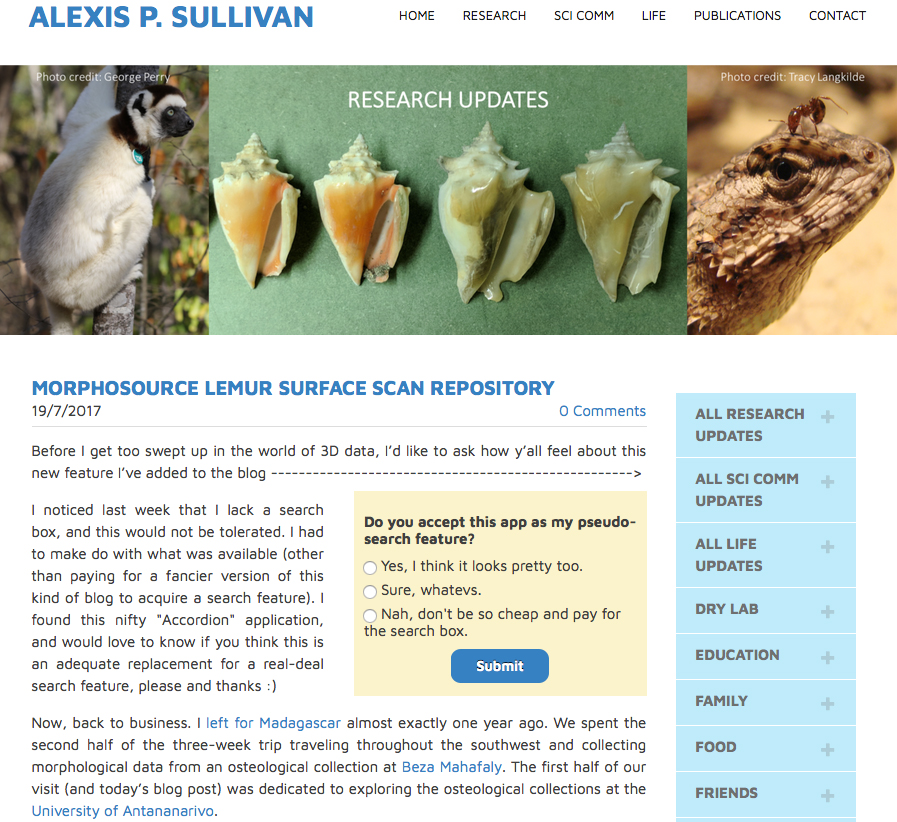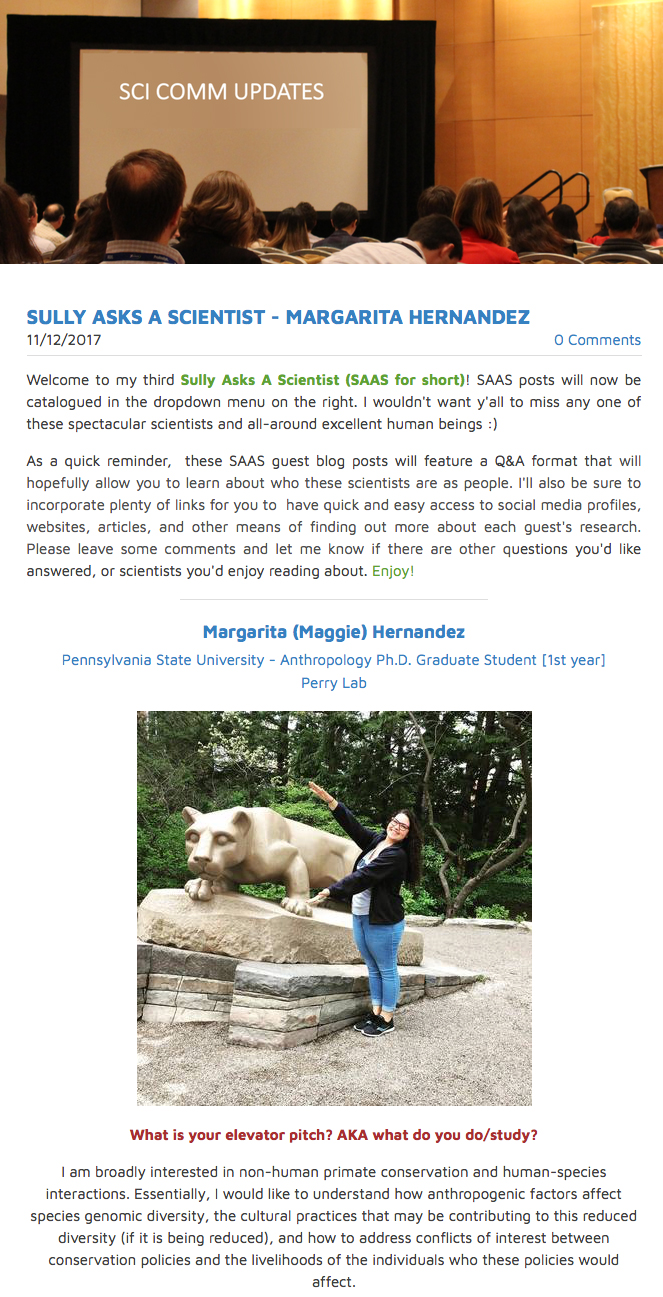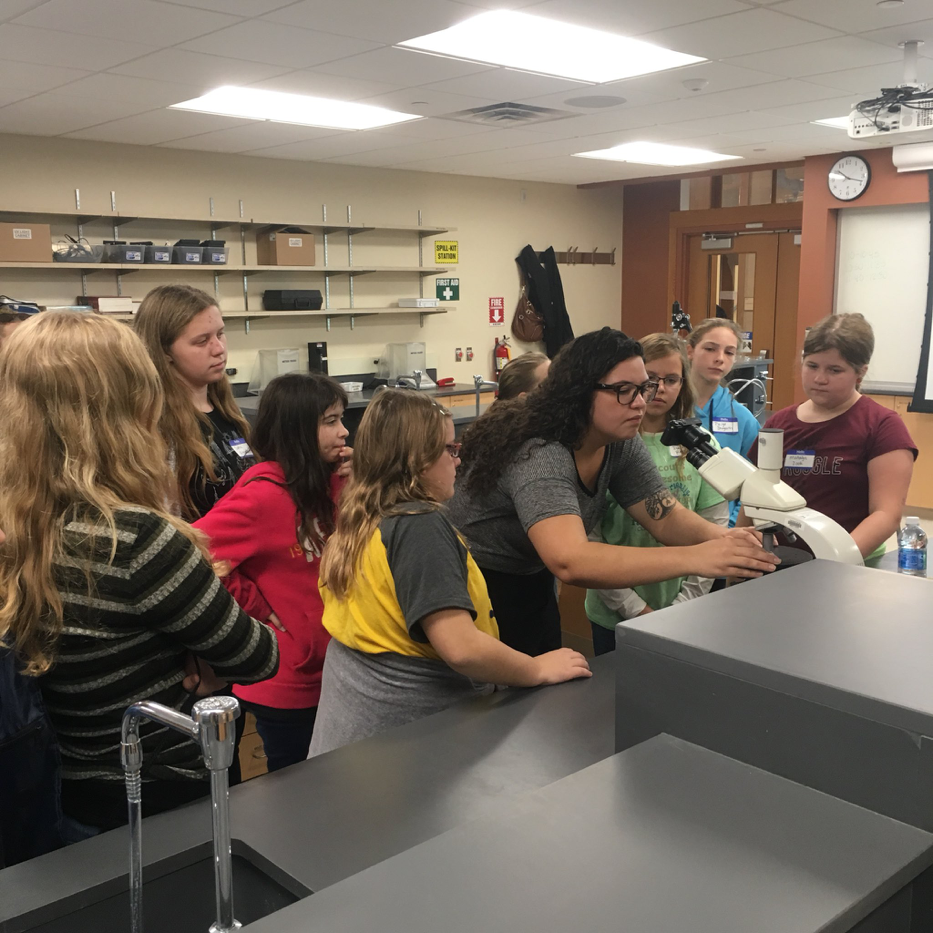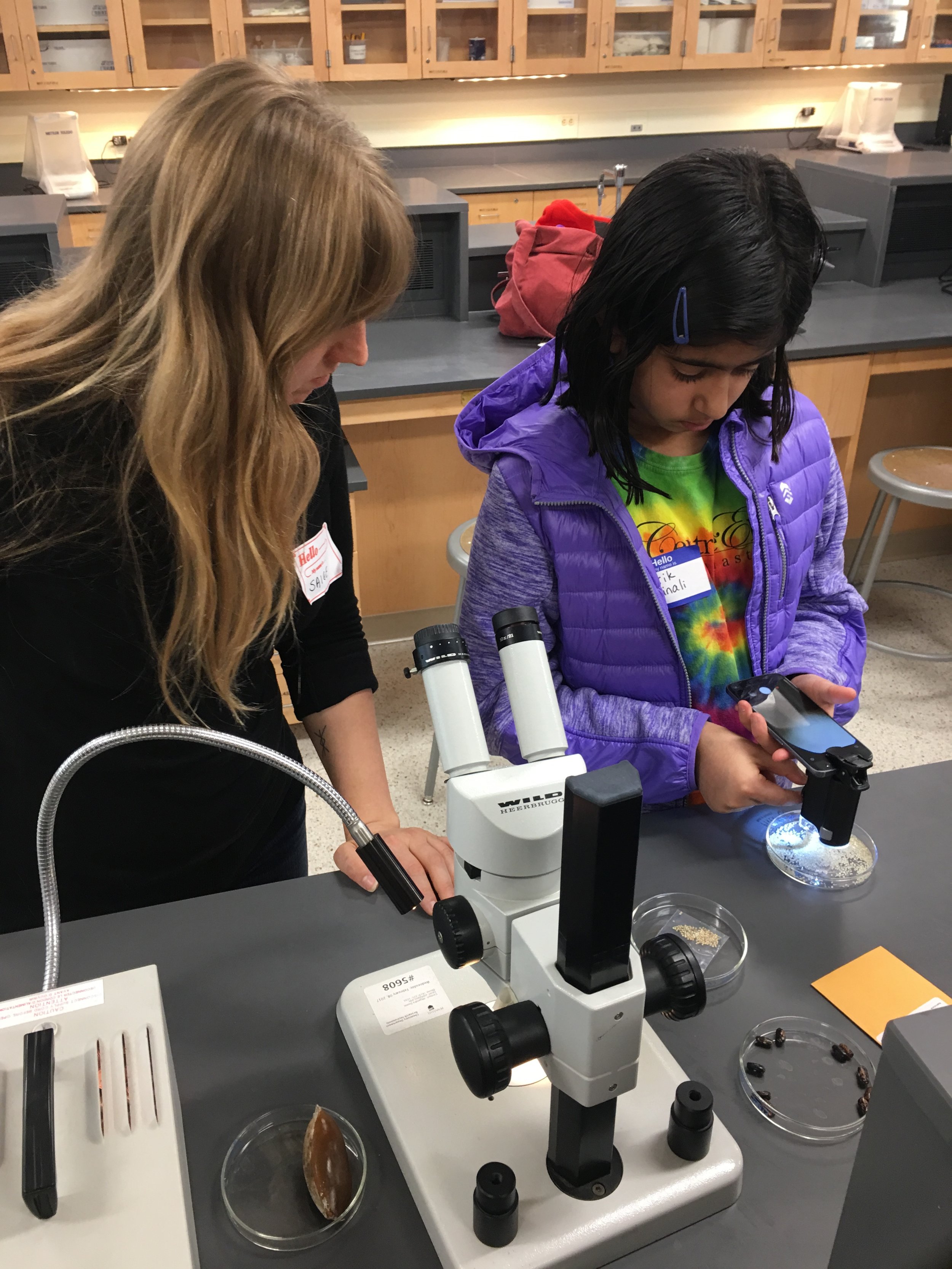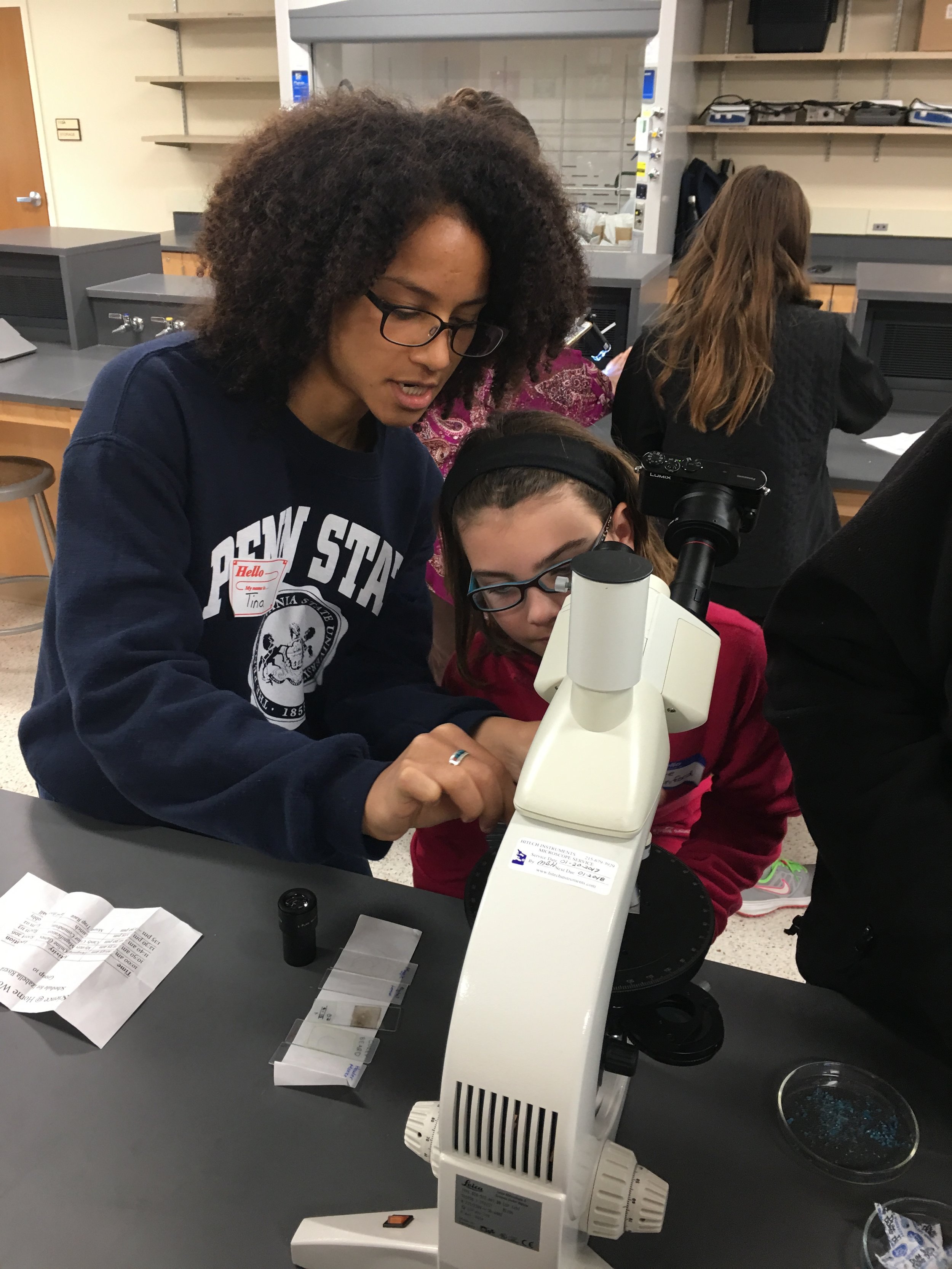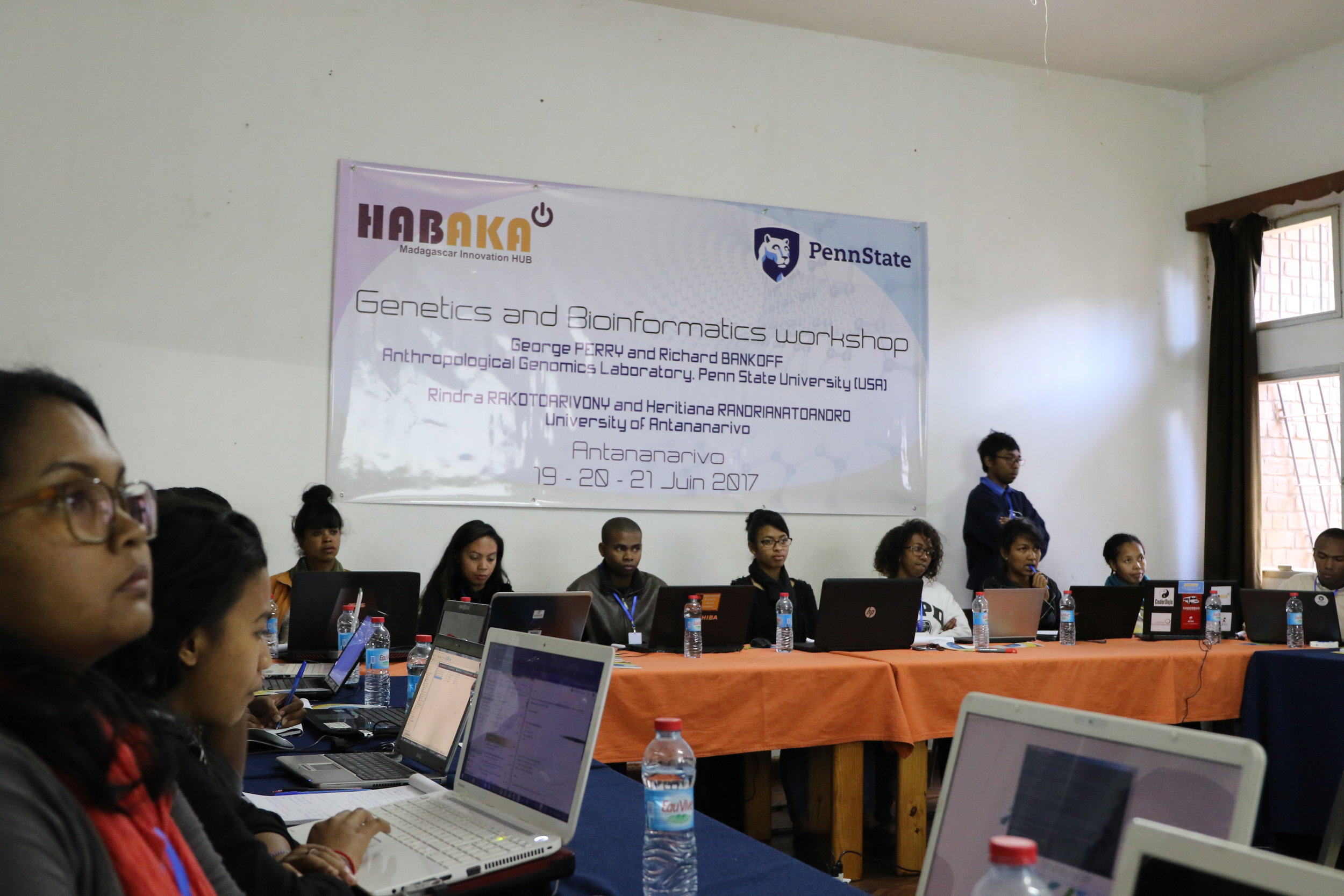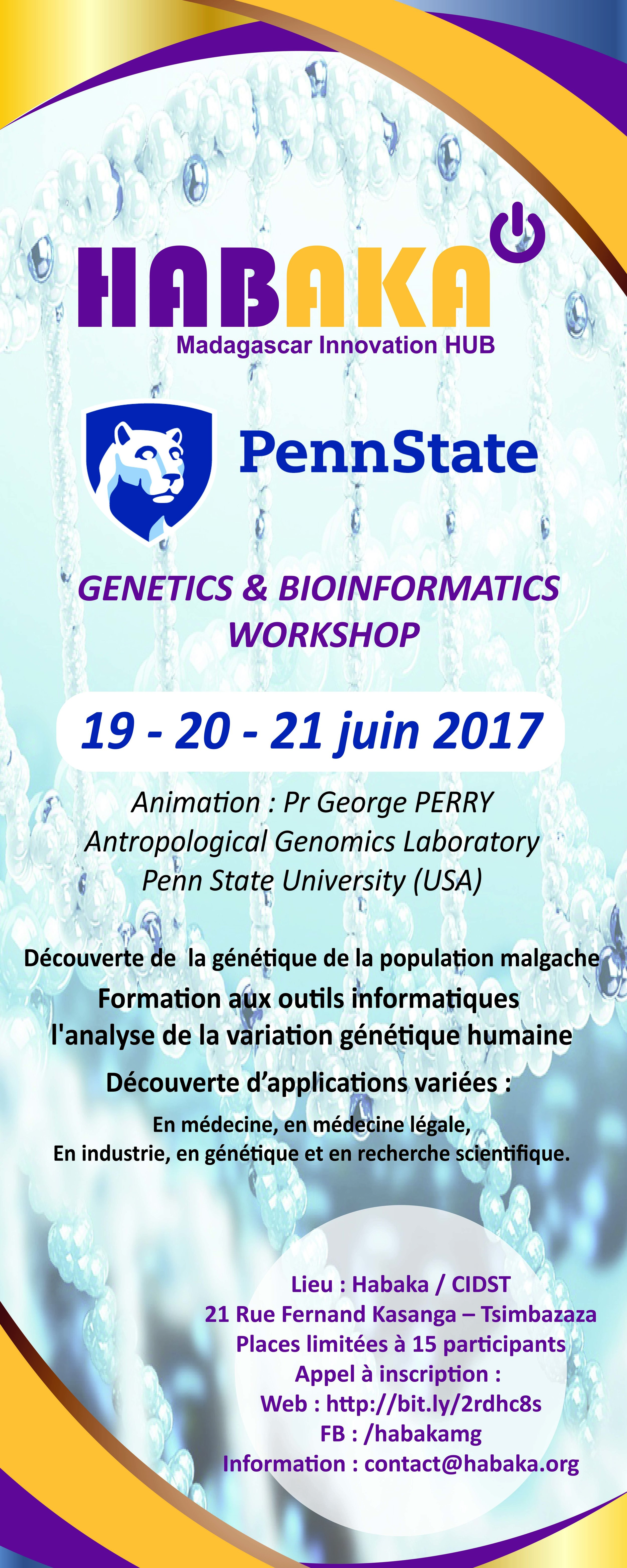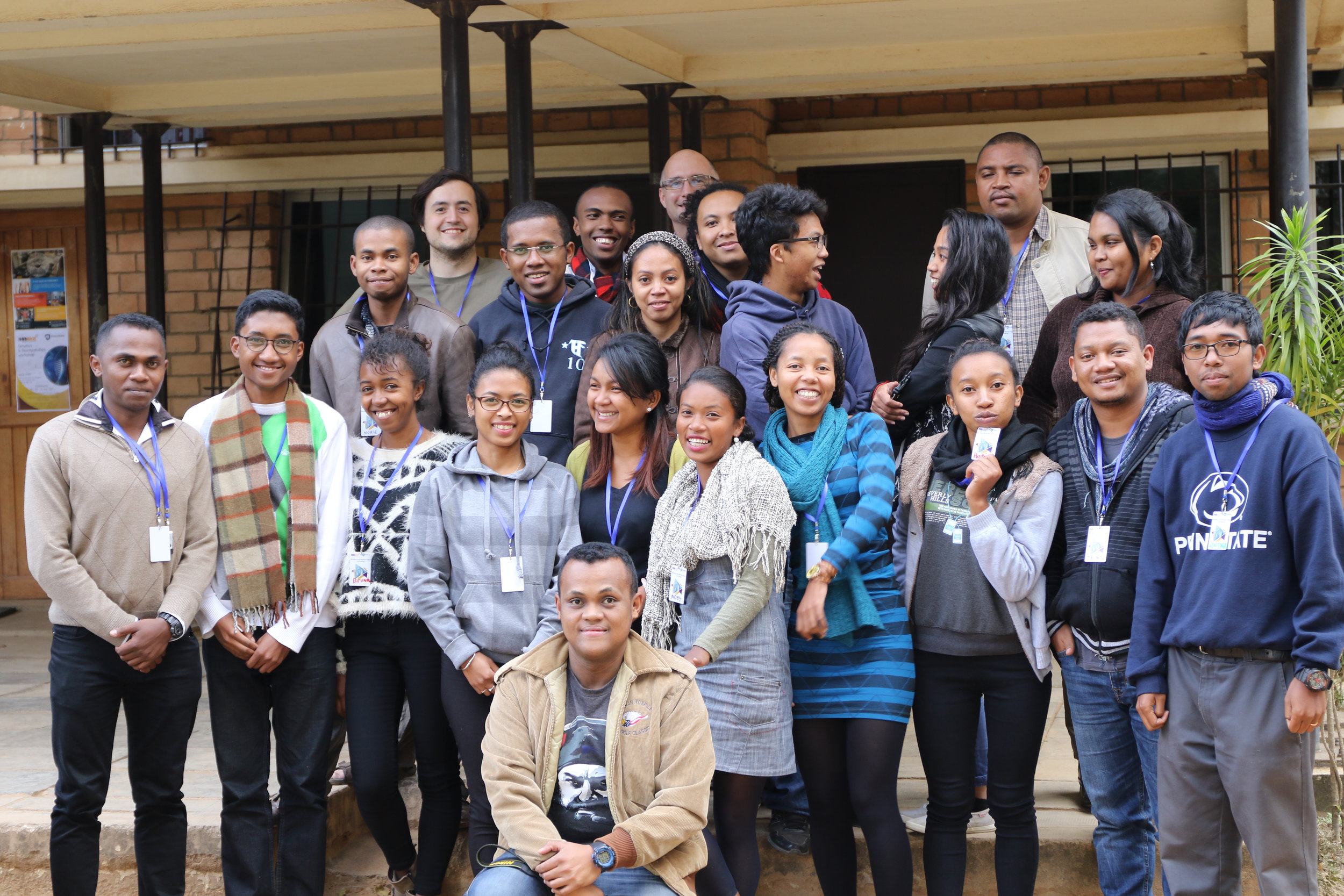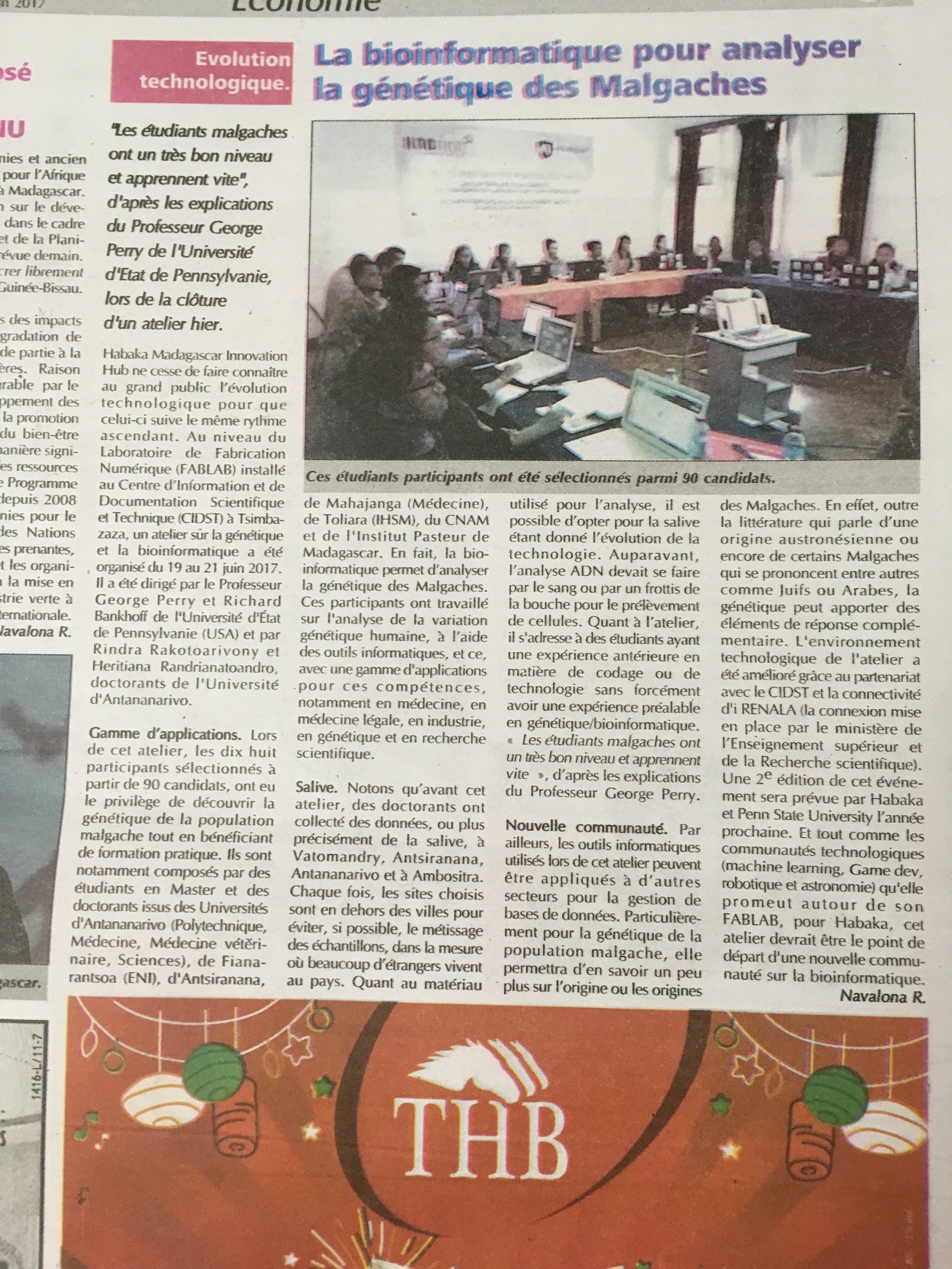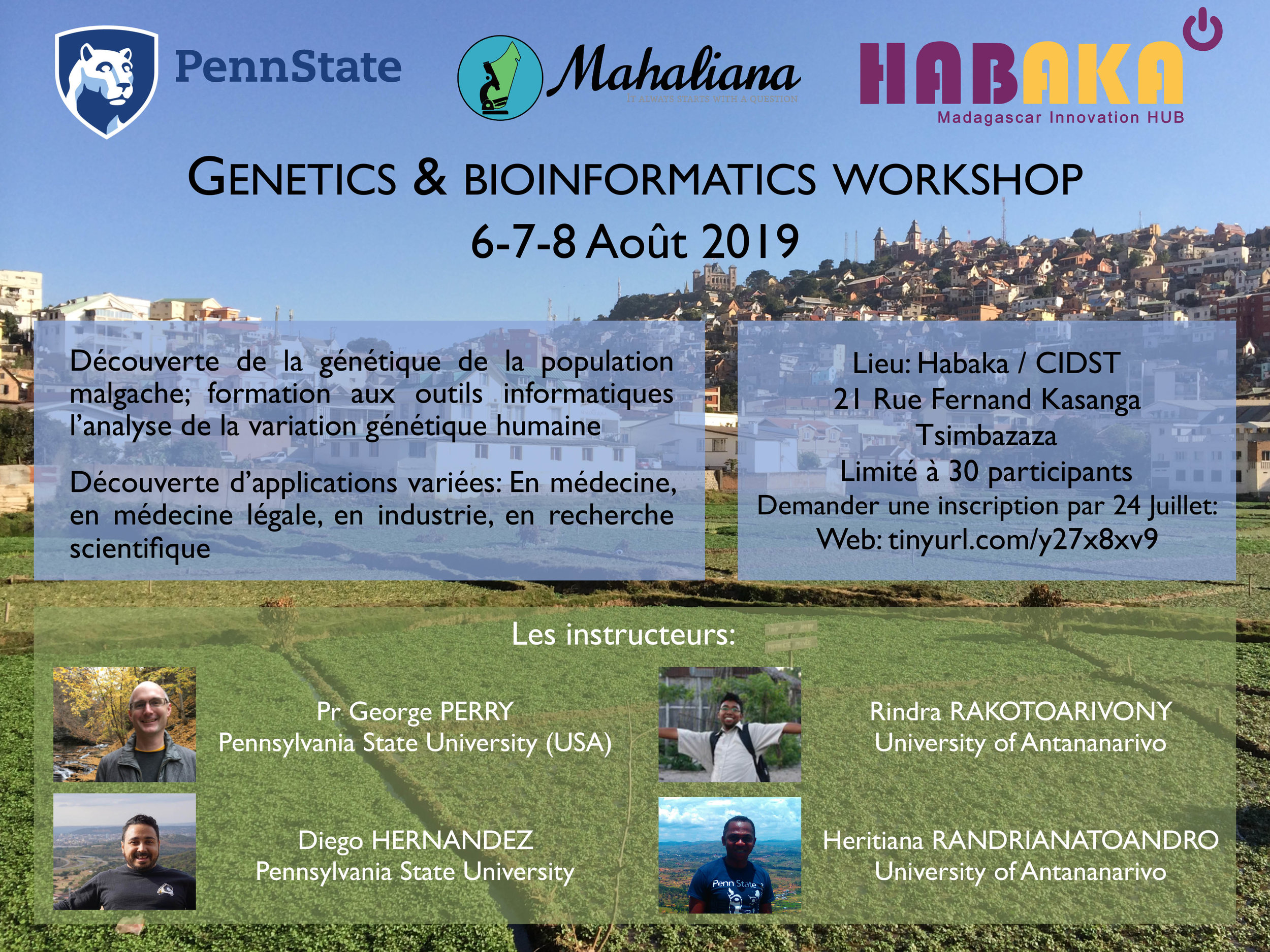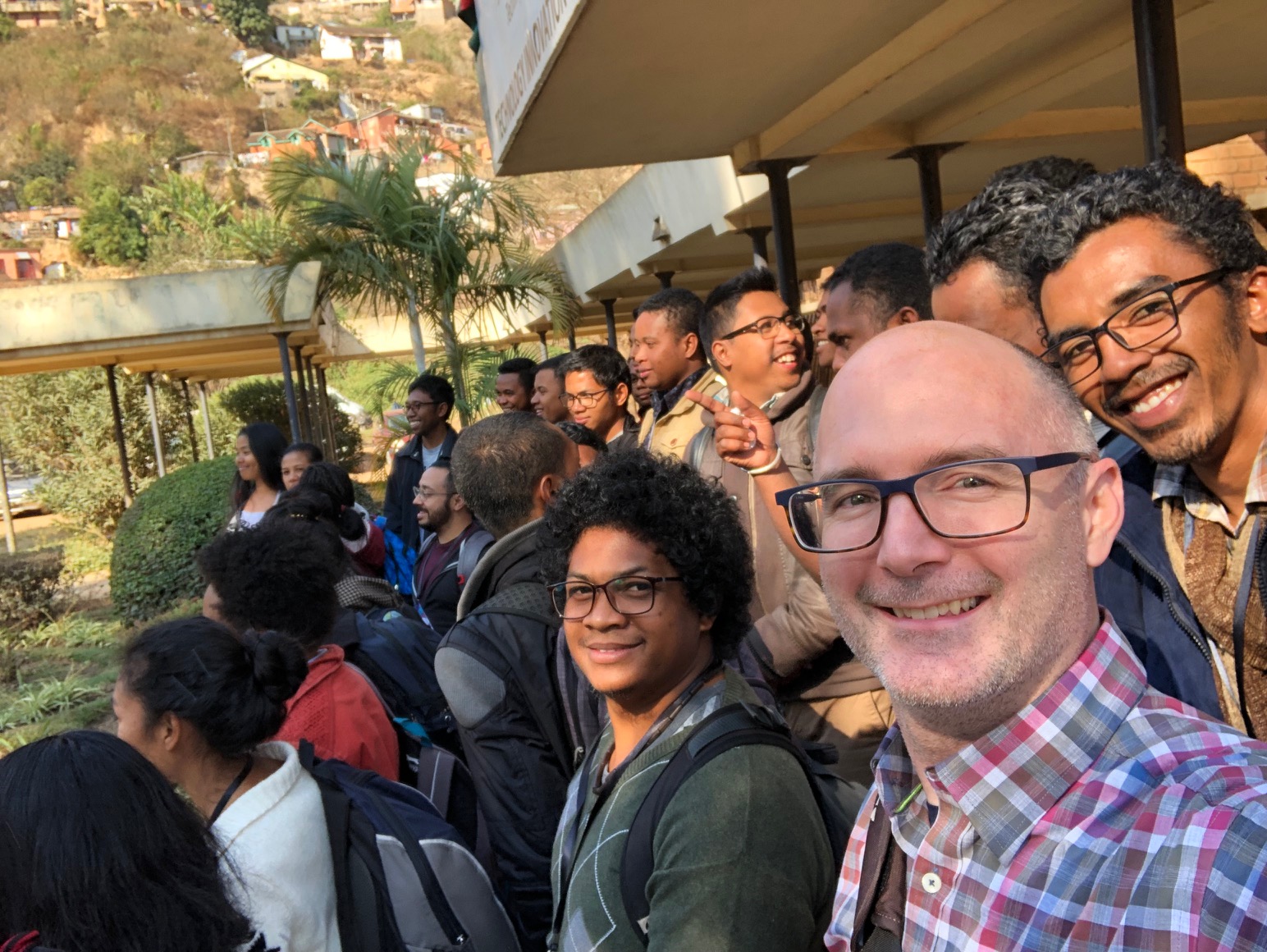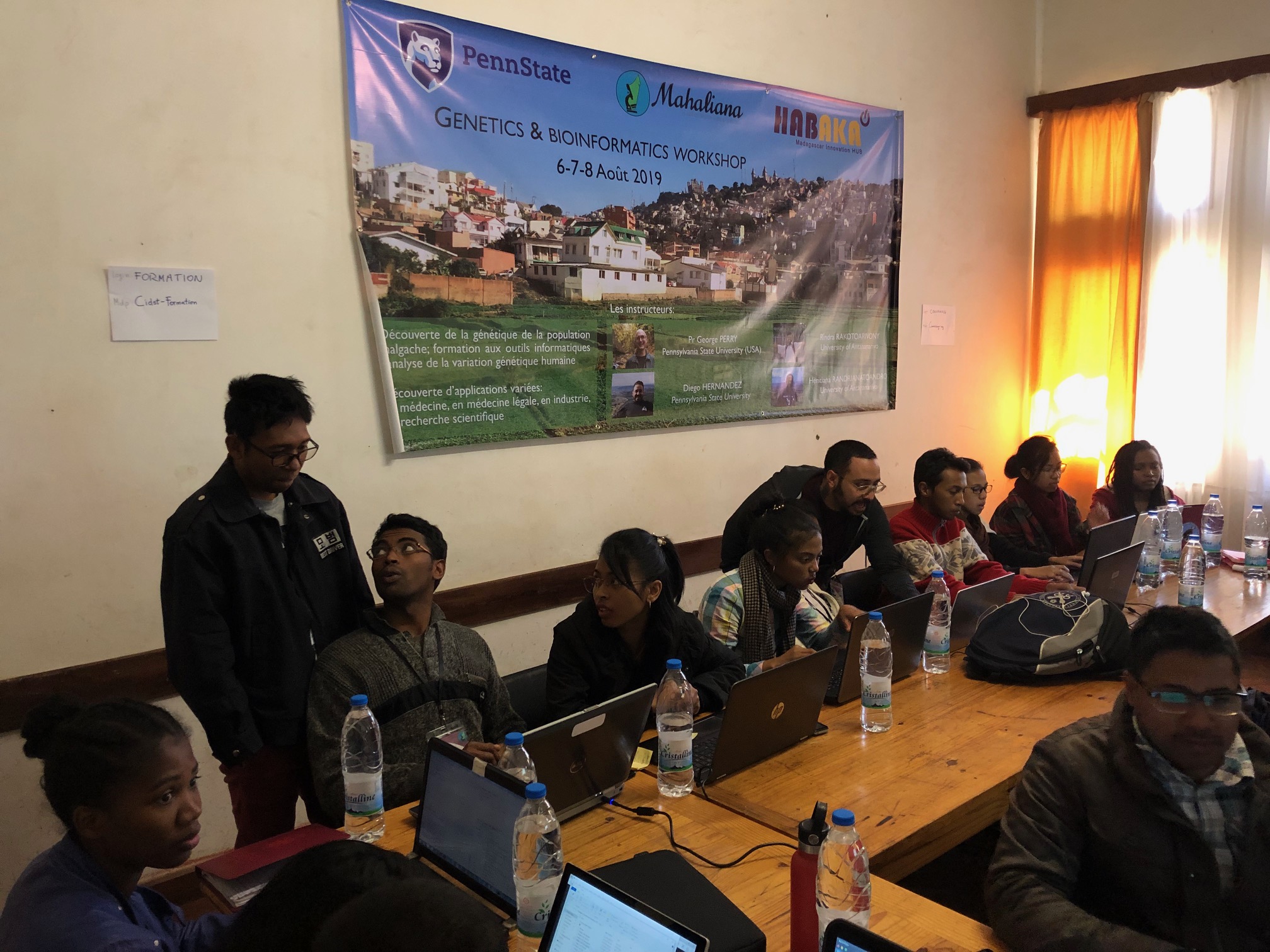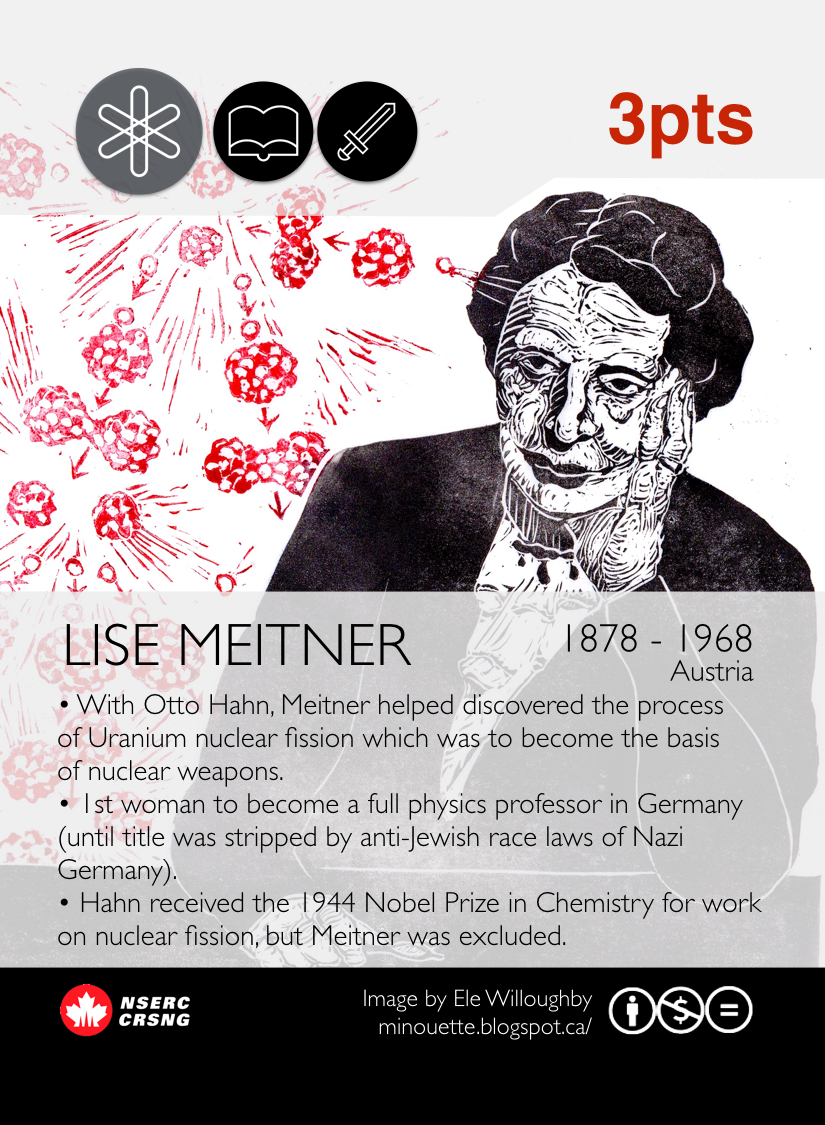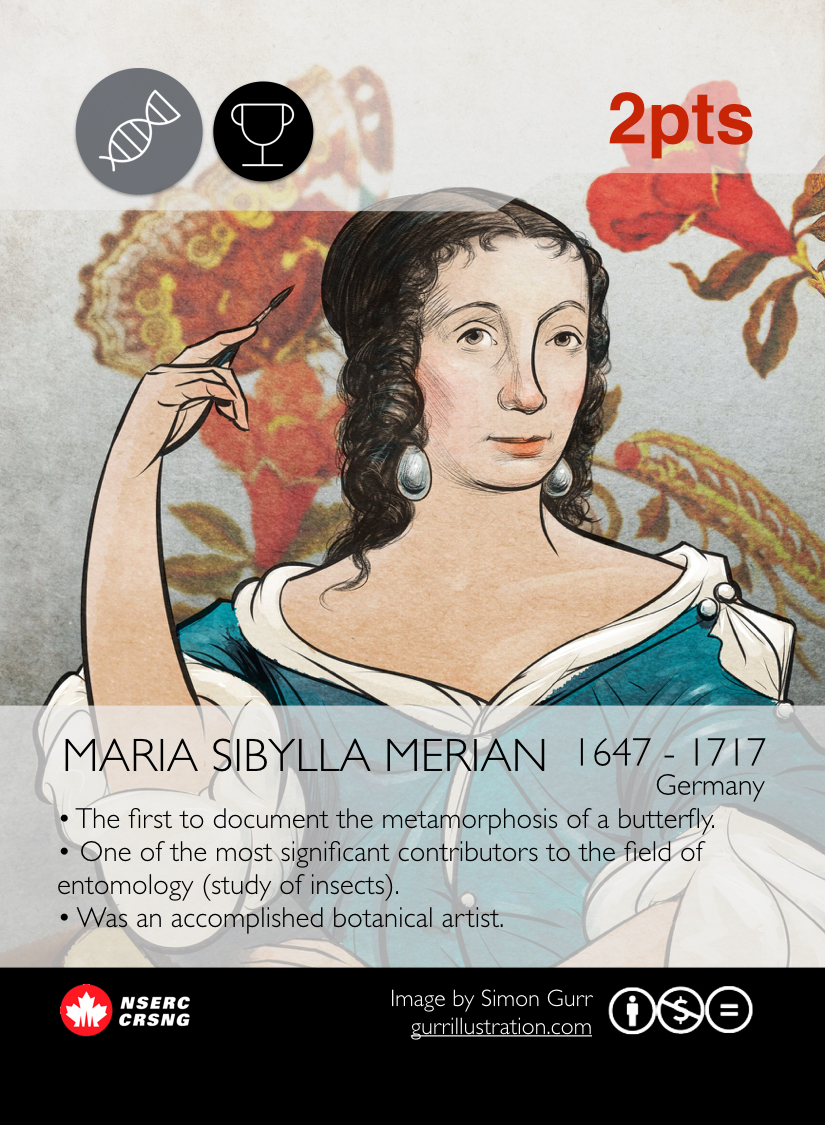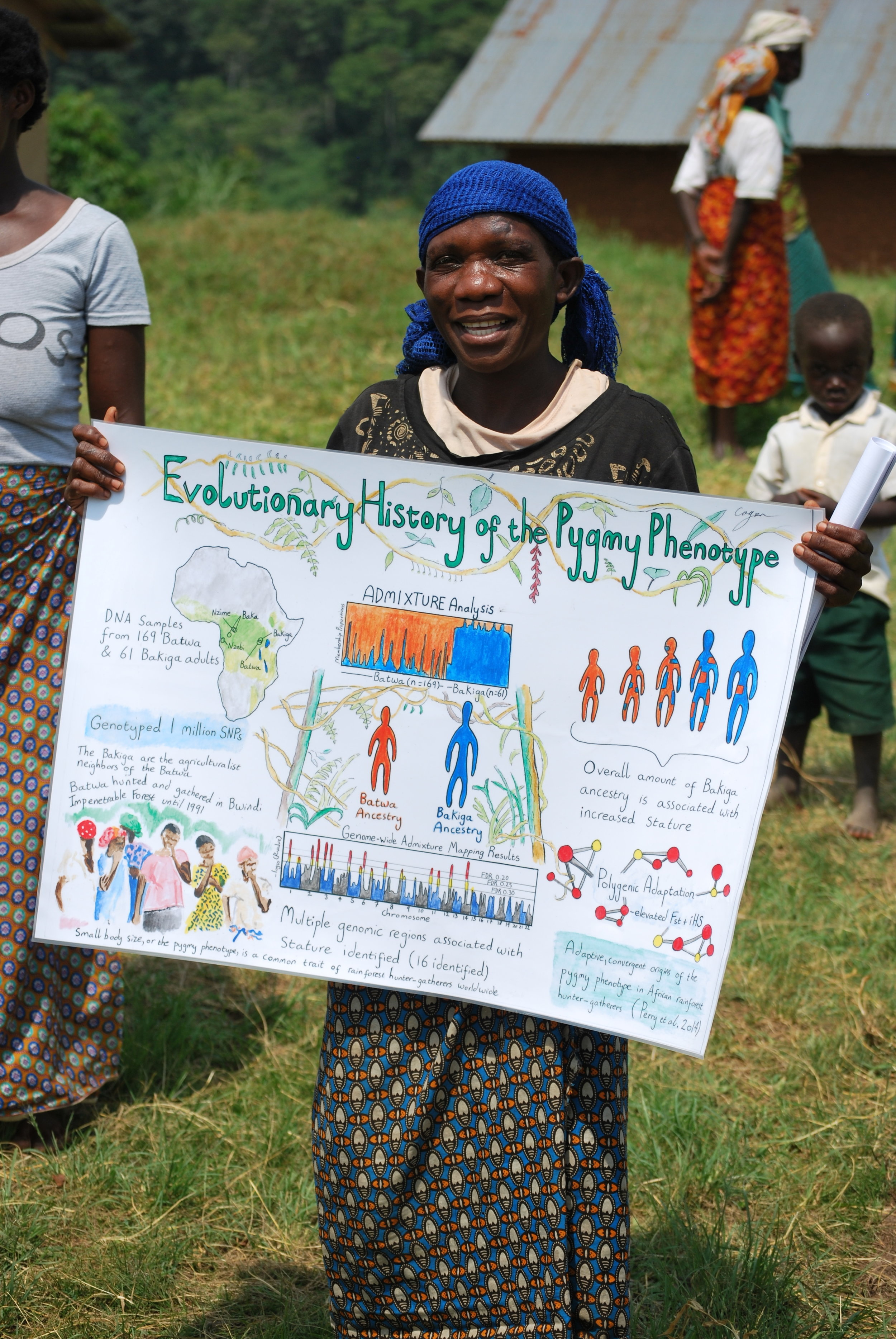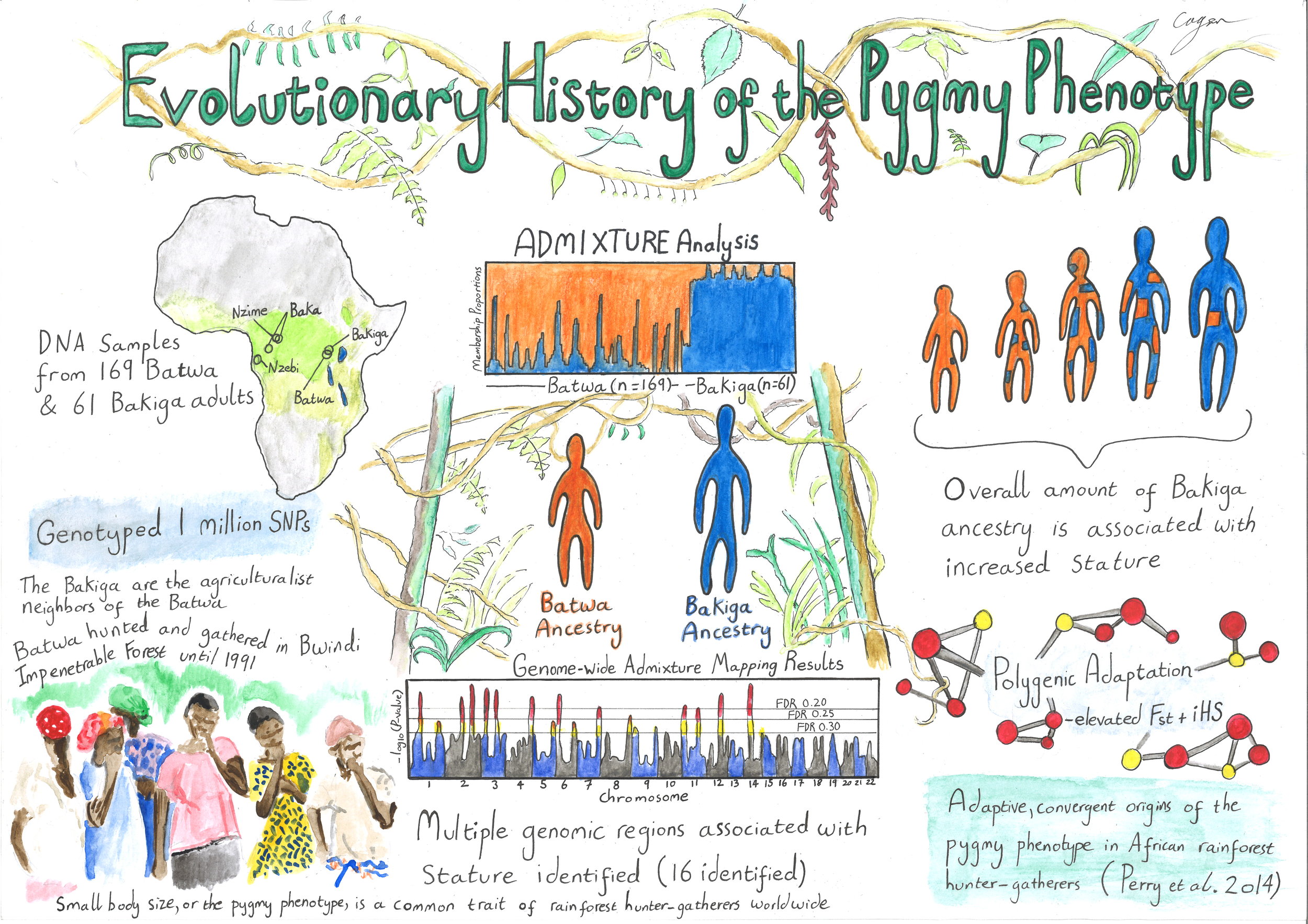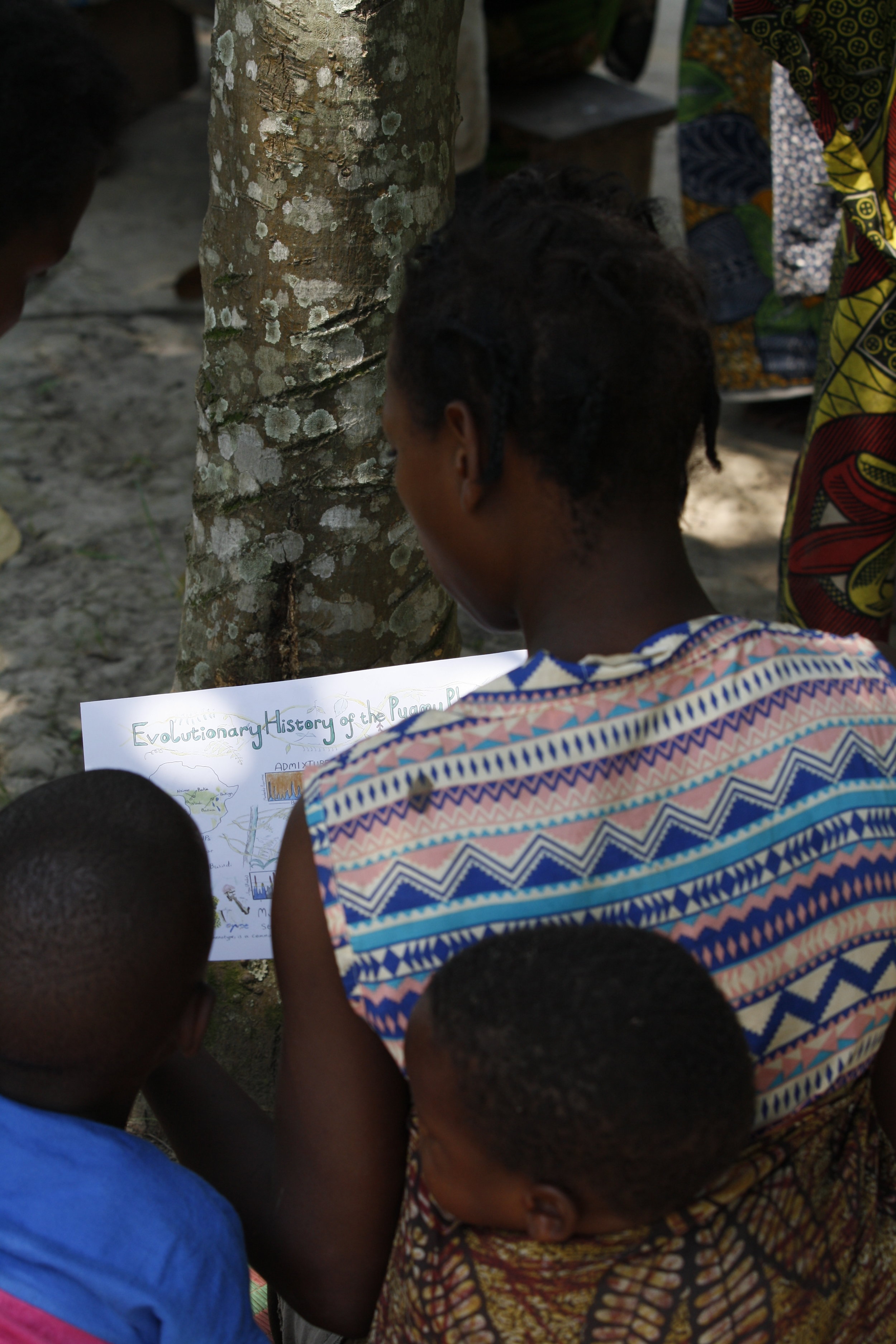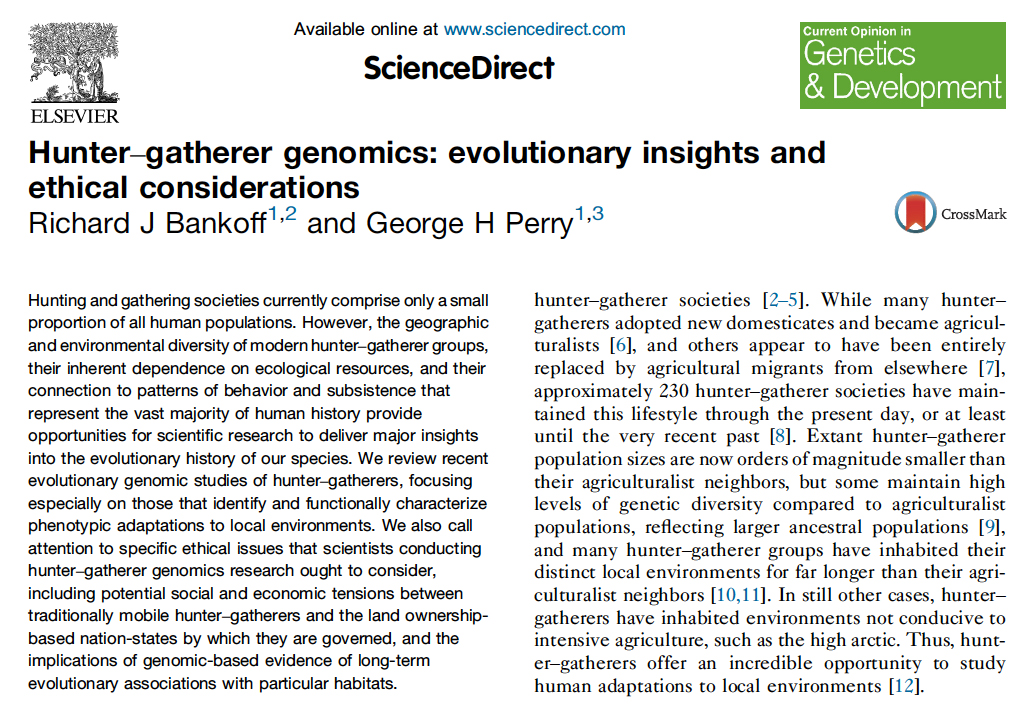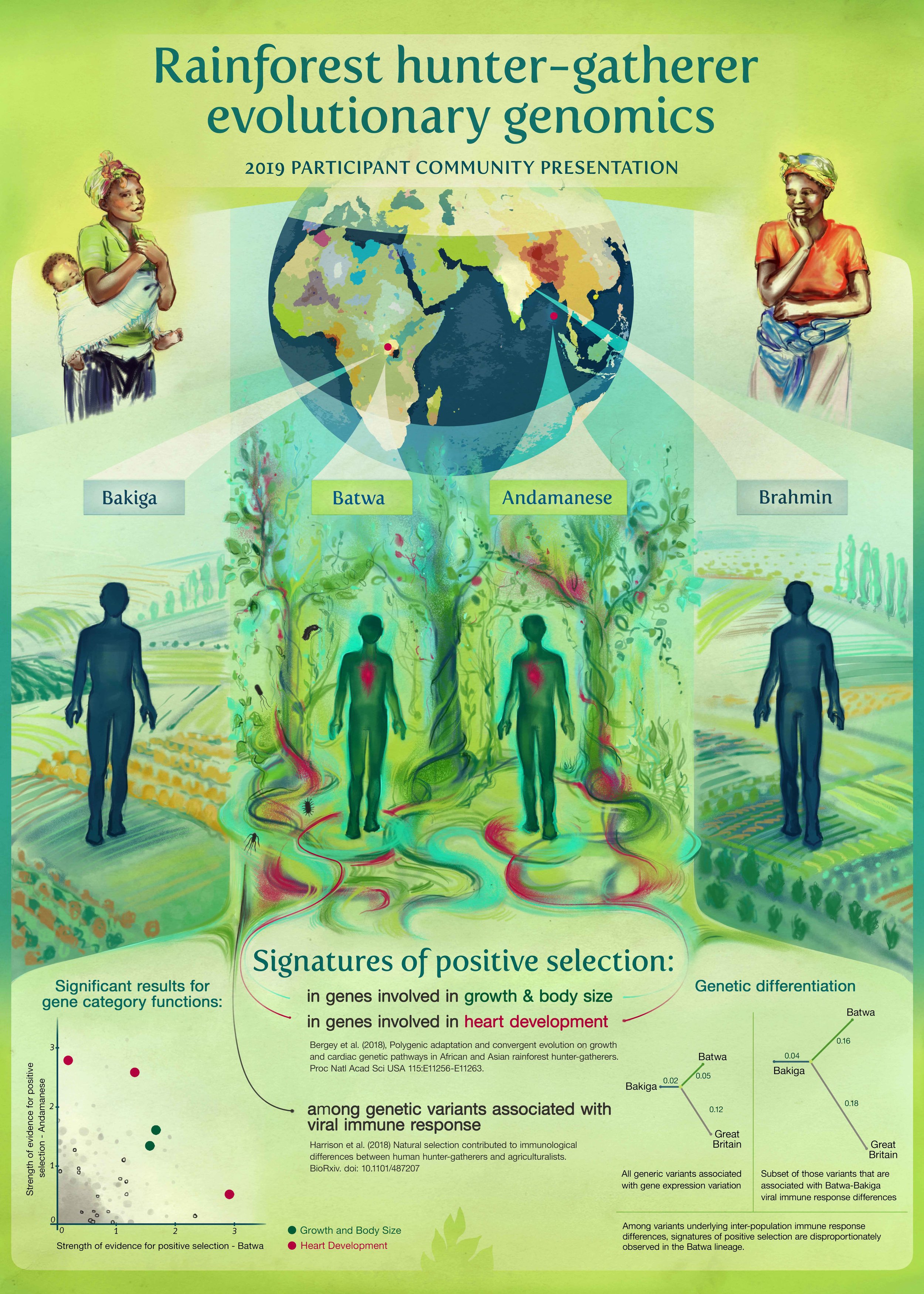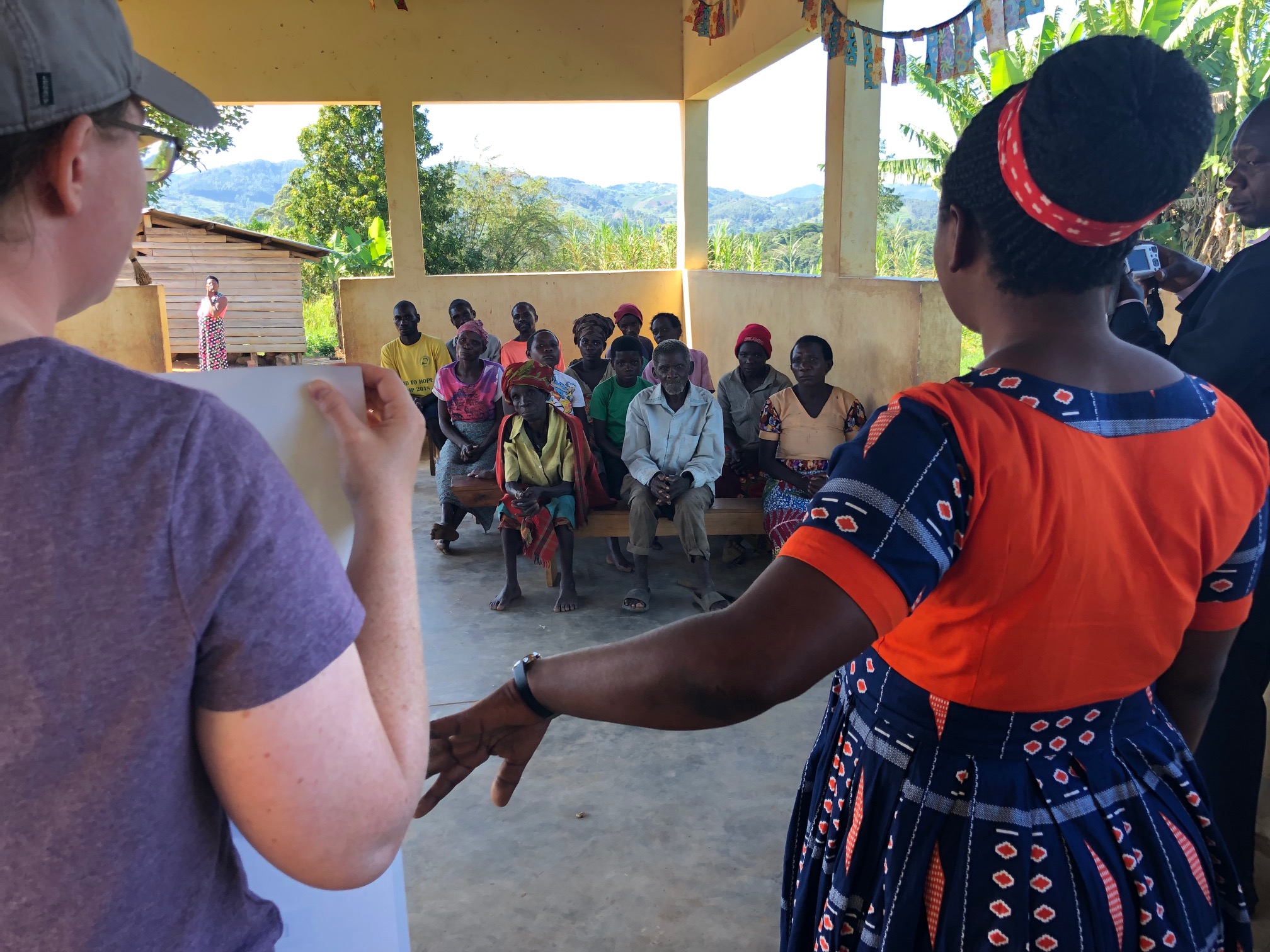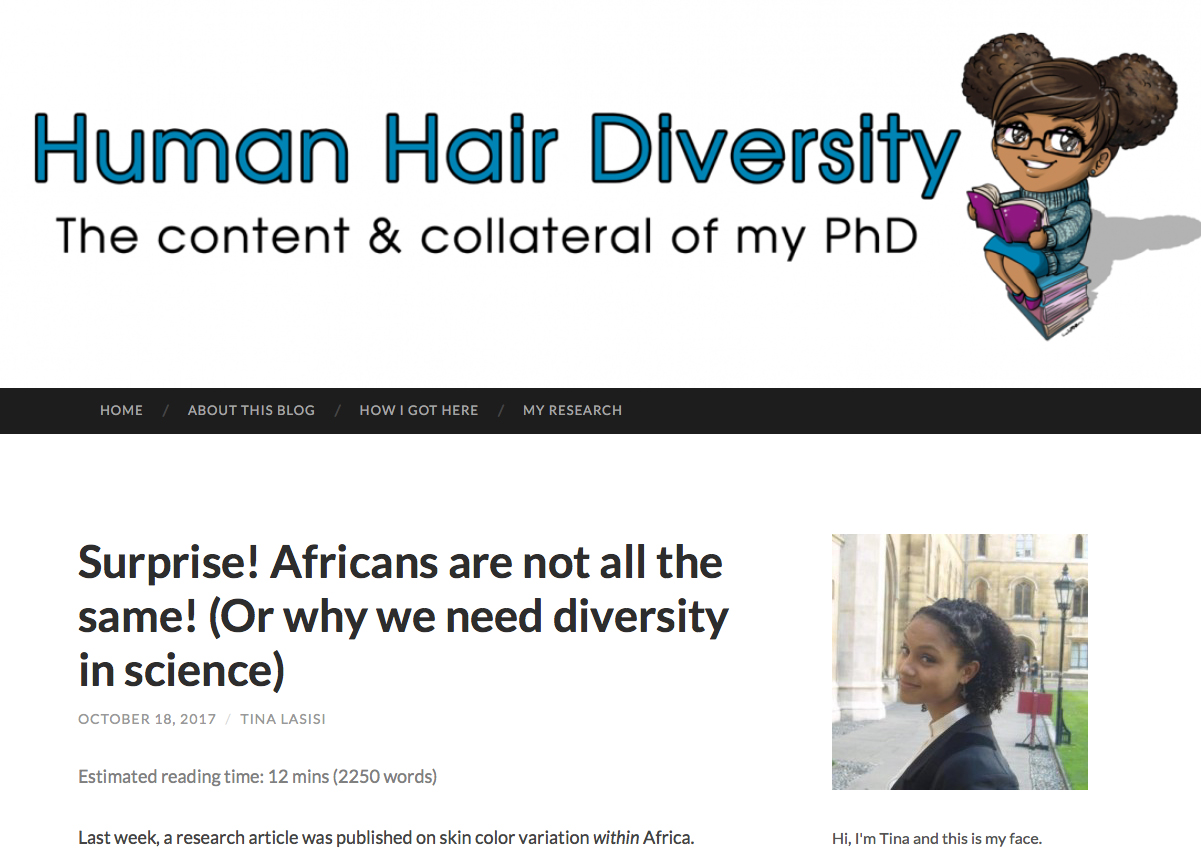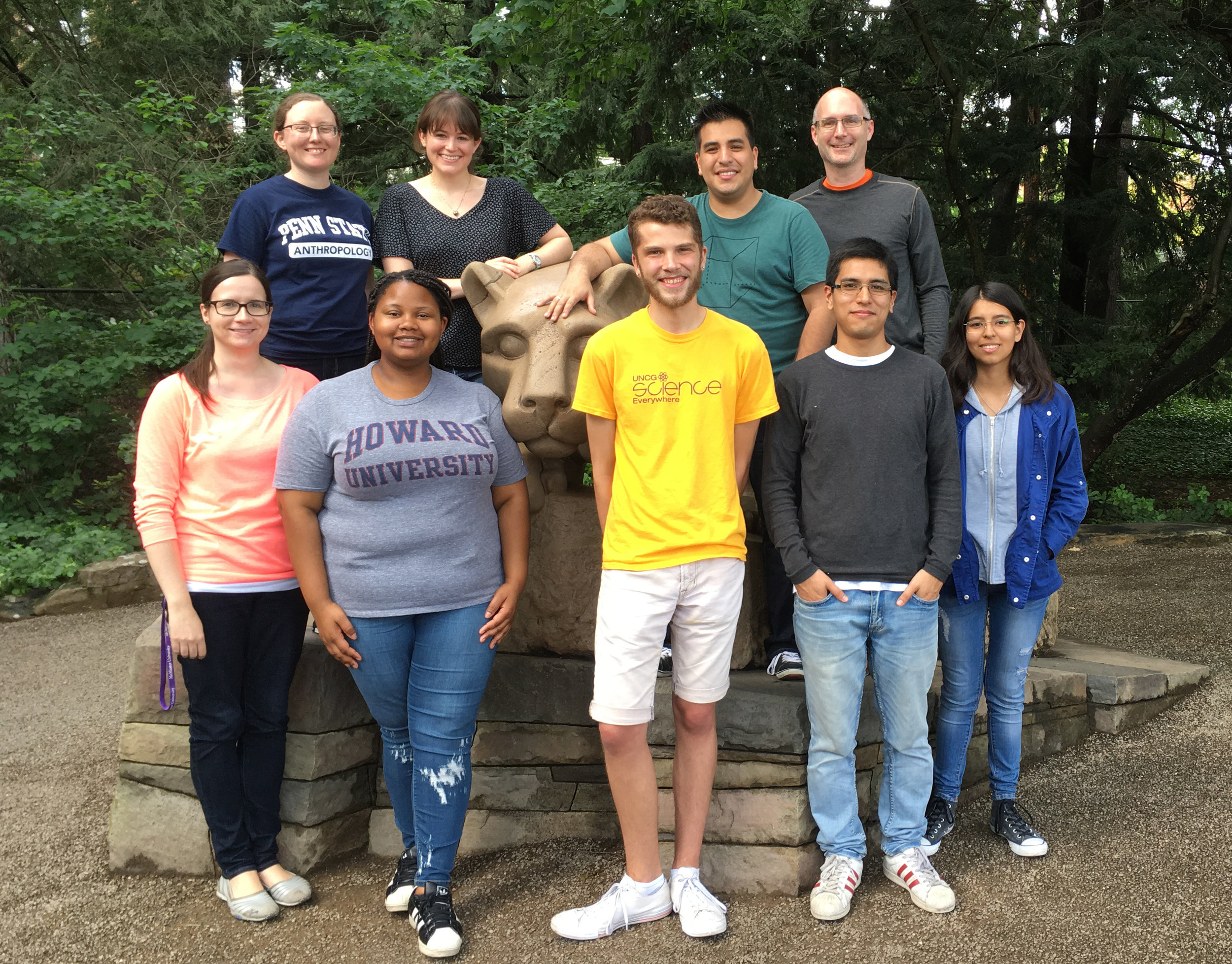Our lab is strongly committed to developing and leading effective outreach, science communication, and public engagement activities, both alongside our projects and as standalone efforts. The purpose of this page is to highlight the recent, ongoing, and upcoming outreach, engagement, diversity, and inclusion activities both of our lab as a whole and as led by individual members.
Nittany Lion Genome Project
We are using our ancient DNA lab to sequence the genomes of mountain lions from Pennsylvania whose skins have been preserved since the 1800s when 'Nittany Lions' became regionally extinct. This project provides fun research opportunities for Penn State students and has major outreach and science communication components, including on the importance of species conservation and the consequences of extinction. The first phase of the study is complete, and data from the second phase are being analyzed by students in Dr. Shaun Mahony's BMB 482 Introduction to Computational Biology class!
"From Miss to Dr." blog (Alexis)
Graduate student Alexis Sullivan maintains an active blog with weekly updates in three areas: i) Research, ii) Science Communication, and iii) Life. Her posts offer valuable insight into the process of doing science and the path and life of a graduate student. Her regular feature "Sully Asks a Scientist" lets readers learn about who scientists from Penn State and elsewhere are as people, with plenty of links to their websites, social media accounts, and super cool publications.
Mystery Magnification (Maggie)
Graduate student Maggie Hernandez posts an unknown magnified object on her Instagram and Twitter accounts each week to spark excitement and discussion. She also developed a "Magnifying Your World" workshop that was hosted for the first time in Nov 2017 by the Penn State Graduate Women in Science. Girl Scouts worked with Maggie and the Anthropology Graduate Student Association Outreach Committee to learn about microscopes and how to use them, discuss the many applications for anthropology, and generate their own images of magnified items!
Madagascar bioinformatics workshops
As part of each international project we aim to collaborate with local colleagues, train students, and help develop scientific capacity. We have established a 5+ year partnership with the HABAKA Technology Innovation Hub, the University of Antananarivo, and Mahaliana to deliver multiple bioinformatics training workshops per year to tech-savvy audiences. These workshops are funded by an NSF CAREER award to Dr. Perry and will be followed by publication of methods/assessments to aid replication elsewhere. Our first two workshops have been major successes!
Phylo women in science card game (Kathryn)
Phylo is a card game that highlights the wonderful, complex, and inspiring things that inform our understanding of biodiversity and science; the game is developed under a crowd sourcing and open access model. Postdoc Kathryn Turner designed the beta version of the Women In Science and Engineering Phylo deck, which focuses on awesome women in STEM fields throughout history as well as issues pertaining to gender equity. Expansion decks are in development, and accompanying teaching modules are also being designed!
Collaboration with participant communities
We believe strongly in collaborating with the participants of our various human genetics research projects, including through regular visits to share and discuss research results. For example, we have a longstanding relationship with the Batwa rainforest hunter-gatherers of southwest Uganda; included among the images at left are illustrations by Alex Cagan and Marija Stojkovic of our results aided our presentations to the Batwa. Graduate student Richard Bankoff and Dr. Perry also published a paper on the ethics of genomics research with human hunter-gatherer populations.
"Human hair diversity" blog (Tina)
Graduate student Tina Lasisi maintains a blog that is broadly about humans, hair, and diversity. Her posts (and her research) consider these topics both individually and integratively. The topics of Tina's posts have included (for example) why we need diversity in science, the value and importance of outreach, and on her project and career development process. Tina was recently featured on the popular radio show Quirks & Quarks regarding her viral tweet that anthropologists did not stop referring to biological 'race' to be politically correct, rather because it was bad science.
Science education and outreach (Katie)
Postdoc Katie Grogan recently published a paper with two colleagues that details a great classroom activity with sticky notes to teach evolutionary mechanisms. Katie has also been an active participant in Skype a Scientist and other programs through which she has connected with K-12 classrooms across the country, including in Georgia, Florida, and Kentucky. She has also been featured on multiple sites highlighting both her research and her experiences as a woman in science, including The Female Scientist, Dispatches from the Field, and the Lemur Conservation Network.
RNA-seq workshop - Peru students (Christina)
Postdoc Christina Bergey led a July 2017 bioinformatics workshop on the analysis of RNA-sequencing (transcriptomics) data for three visiting students from the Universidad Peruana Cayetano Heredia (Lima, Peru) and for several Penn State participants. The workshop was funded by an International Collaborative Research Grant from the Wenner-Gren Foundation to Dr. Perry and Dr. Hector Garcia, as an important training component associated with our collaborative evolutionary and functional genomics project on human Taenia tapeworm parasites.
